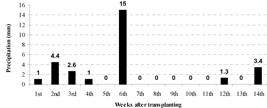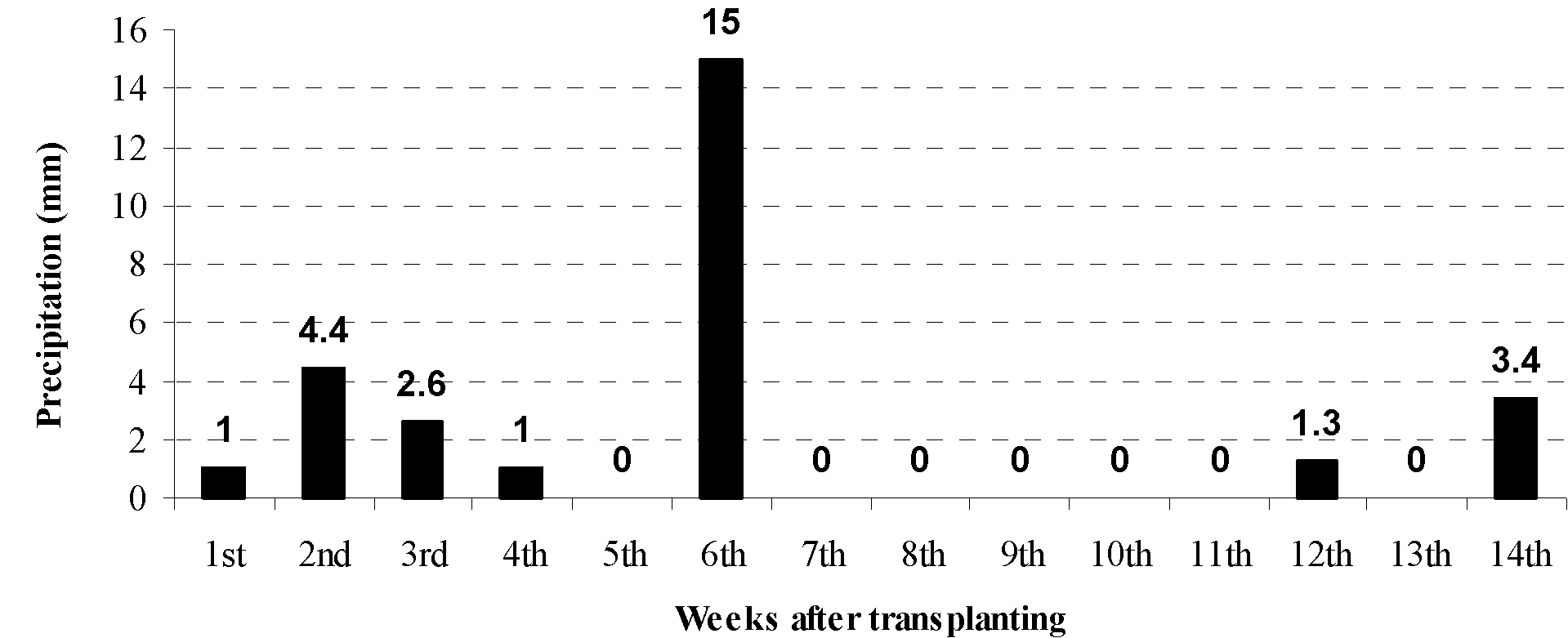ABSTRACT:
Herbicides, as a major part of weed control strategy in paddy fields, have different impact on growth and activity of soil-beneficial bacteria such as Azospirillum species. A field experiment was conducted at Sefid Rood Livestock and Agricultural Company, northern Iran, to investigate the possibility of chemical weed control in paddy fields inoculated with Azospirillum lipoferum. The experiment was designed in a factorial arrangement based on a randomized complete block with three replicates. The factors were Azospirillum application (inoculation with or without Azospirillum lipoferum) and weed management regime (butachlor application with supplementary hand-weeding, bensulfuron methyl application with supplementary hand-weeding, combination of butachlor and bensulfuron methyl application with supplementary hand-weeding, hand-weeding at 15, 30, and 45 days after transplanting, and no weeding [not weeded during the rice-growing period). The results showed that plants inoculated with A. lipoferum produced 19% higher grain yield compared to plants that were not inoculated. The highest grain yields were recorded for plots treated with butachlor with supplementary hand-weeding (4,512 kg ha-1) and for those treated with a combination of butachlor and bensulfuron methyl with supplementary hand-weeding (4500.5 kg ha-1). The lowest yield (3494.3 kg ha-1) was recorded for weedy plots. No significant interaction was detected between A. lipoferum application and weed management regime for grain yield, indicating that the herbicides had no adverse effect on the efficiency of A. lipoferum in promoting growth and grain yield of rice. There was no significant difference in the dry weights of weed between inoculated and non-inoculated plots. The dry weights of weed in hand-weeded and herbicide-treated plots were significantly lower than that of the weedy plot. In conclusion, the result of this experiment confirms the possibility of chemical weed control in paddy fields inoculated with A. lipoferum.
Keywords:
beneficial bacteria; bensulfuron methyl; butachlor; paddy fields; weed interference

 Thumbnail
Thumbnail
 Thumbnail
Thumbnail

